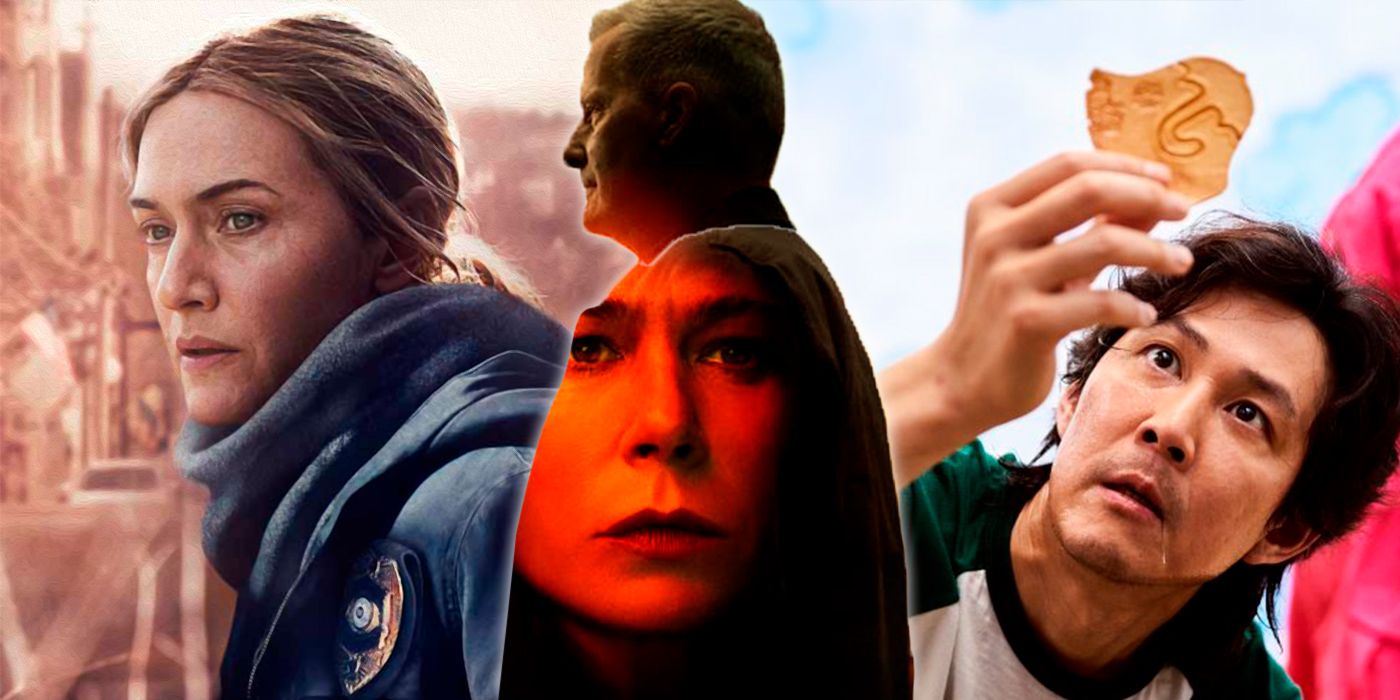
Maybe it's the Parasite effect, or maybe the instability caused by the pandemic has the public fixated on quality of life; either way, stories about the working poor are having a moment. Among the most anticipated was Showtime's American Rust, starring Jeff Daniels. Like Hillbilly Elegy before it, American Rust might as well have put the fact that it's about poor people in a giant, blinking marquee, with its nail-on-the-head title and it's hard-to-watch vibe.
The series, which earned mixed-to-negative reviews, has a lot in common with another, much more acclaimed 2021 prestige drama -- Mare of Easttown. It's a murder mystery about a rule-bending cop set in hardscrabble Pennsylvania against a backdrop of crime, drugs, broken homes and broken dreams. Though the topics it raises are timely and worthy of exploration, American Rust feels like poverty porn. While some of the performances are commendable, the script and filmmaking aren't that strong. Meanwhile, the characters only seem capable of feeling melancholy, and without depth and levity, it makes them pitiful objects. American Rust missed the mark, but these five shows imbue their working class characters with life and dignity, and through captivating personal stories, they're successes.
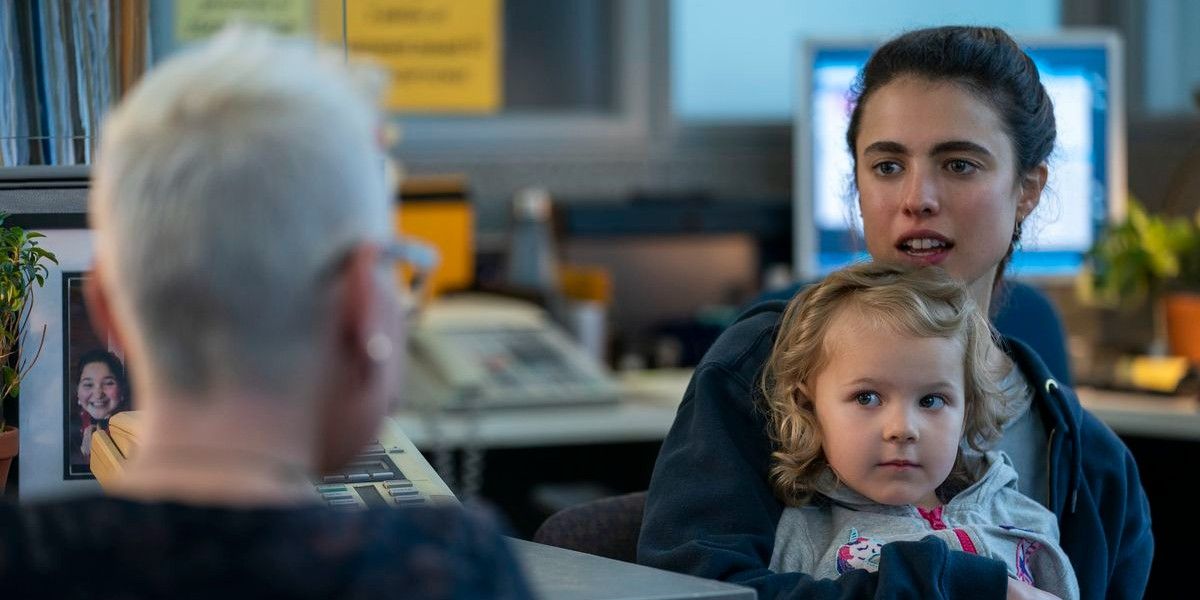
Poverty disproportionately affects women for a variety of systemic reasons, and Netflix's Maid brings all of them to life in ways that political rhetoric never could. Maid is the story of a young mother, Alex, who starts from scratch when she attempts to leave an unsafe relationship. That means working under exploitative conditions, living in transitional housing and relying on government programs that are nearly impossible to navigate. Anyone who's ever scrambled to find someone to leave their kid with for an hour or who's had to put back items in the grocery line will immediately identify with Alex's plight.
Maid isn't just a response to those who question why no one wants to work anymore or why battered women don't leave; it's a damning statement about the tattered social safety net, and an honest examination of generational trauma. That makes Maid seem like a downer, but it's binge worthy thanks to creative flourishes, strong writing and engaging performances by Andie MacDowell and Margaret Qualley.
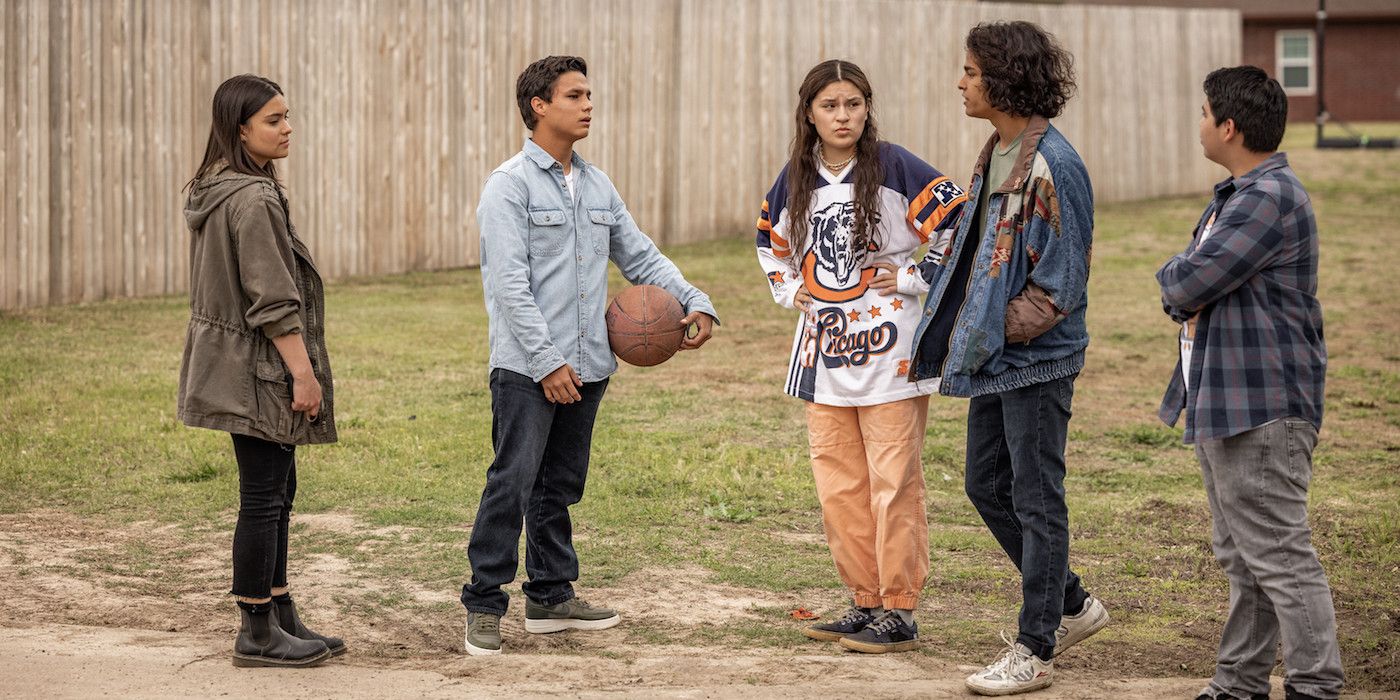
FX on Hulu's Reservation Dogs isn't concerned with making its nearly all-Indigenous cast of characters into saints, or even victims of the colonization. The four teenagers at the center of the show have formed a sort-of street gang that's committing crimes of desperation, yet it still feels a little like pretend.
The "Rez Dogs" dream of escaping to California while biding their time in the squalor of their rural Oklahoma "Village." When one of the kids, Bear, gets hit by a paintball, he has a vision in which an ancestor talks to him about being a warrior with dignity. It's played for laughs and depth, as almost everything in Reservation Dogs is, and in the aftermath it becomes clear the show will be about determining right from wrong in a world that's only done wrong to you.
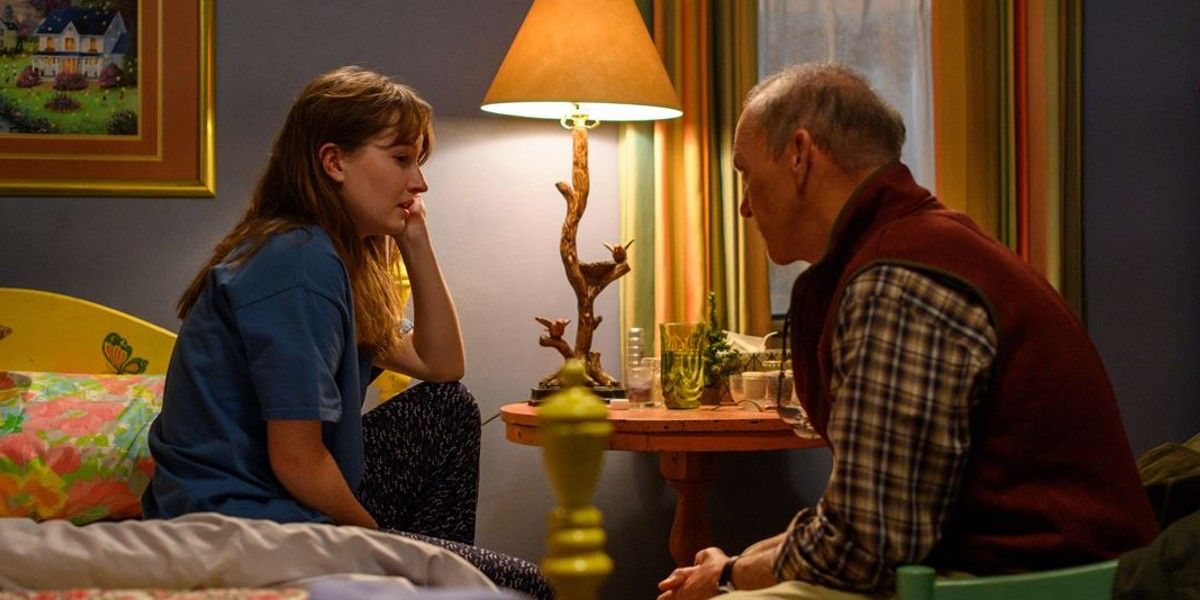
Hulu's Dopesick is an exposé and explainer about how Purdue Pharma misrepresented the addictive potential of OxyContin, which unleashed an opioid epidemic that would go on to claim a half million lives. A key factor in that story is that Appalachia was identified as an ideal place to start marketing the drug. That's because, after the industrial collapses of the late 20th century, countless such towns became shells of their former selves.
Few good jobs were left, and the handful that remained often involved backbreaking labor. As a result, the Midwest was full of people who were in physical and psychological pain. So far into its eight episode run, Dopesick does a respectable job of depicting how citizens who were already struggling were, unknowingly, up against a corporation that had the opposite of their best interests in mind.
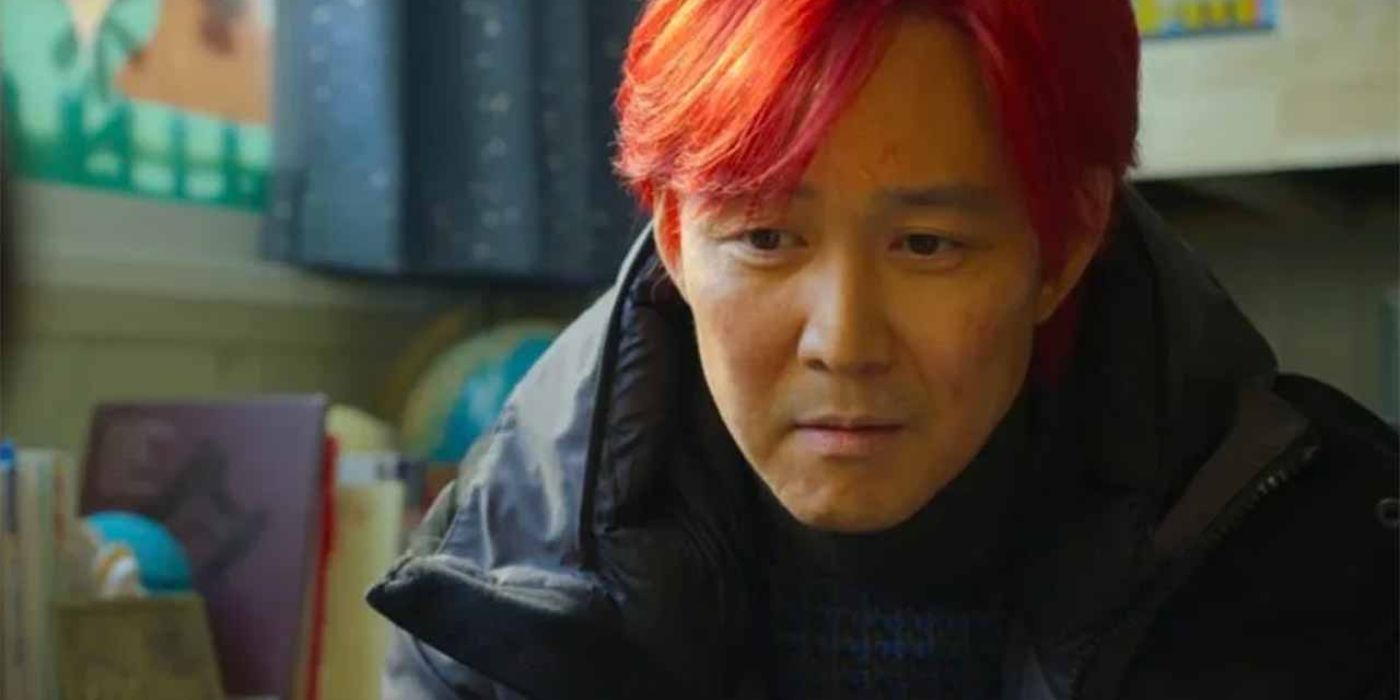
It's probably fair to say that most of the 100 million-plus people who tuned into Netflix's megahit Squid Game didn't do so because they wanted an economics lesson. Still, the battle royale-style series has its roots in very real personal debt crises that affect people around the globe. In contrast to comparable properties like The Hunger Games, the characters in Squid Game join voluntarily, not because of fear tactics or oppression but because of the hopelessness of their circumstances.
Squid Game demonstrates how many different routes there are to financial difficulty and how high-wire life can be for people dealing with money problems. It also uses its shocking violence and high-concept production design to say bold things about the double standards we have when it comes to morality and wealth, or lack thereof.
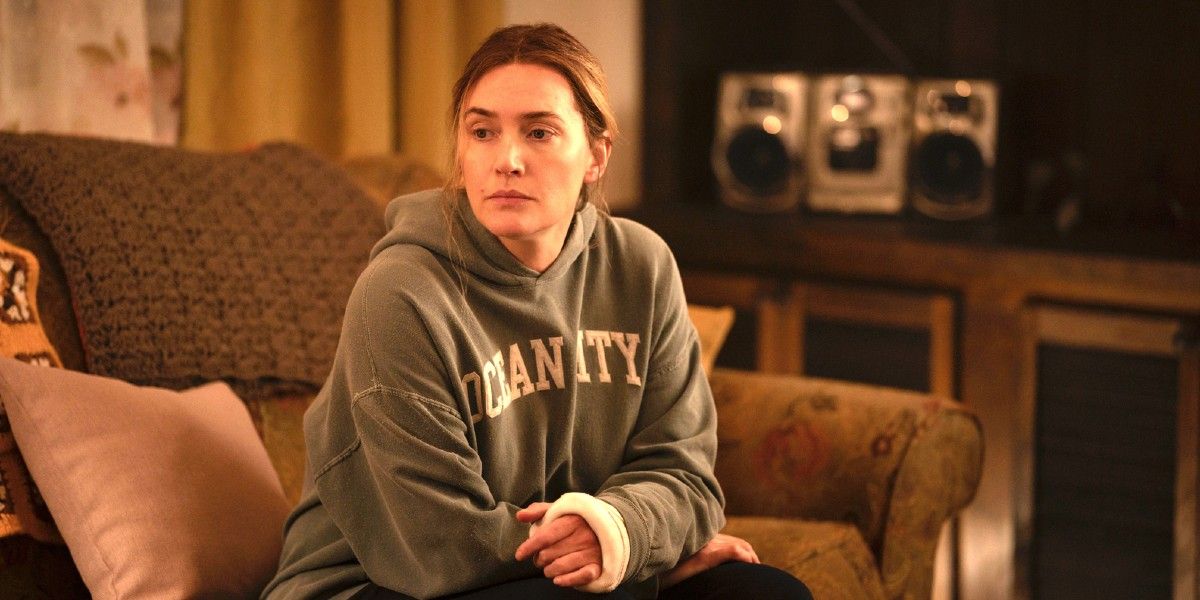
This multi-Emmy Award winning whodunnit is perhaps the best representation of working class American life because it addresses those realities from so many different angles. Like Maid, it shows broken families on fixed incomes struggling with mental health as they attempt to raise children. Like Reservation Dogs, it shows why crime is more prevalent in economically depressed areas void of good opportunities. Like Dopesick, it shows how opioid addiction and substance abuse affect vulnerable populations. Finally, in a way, like Squid Game, Mare of Easttown shows how quickly it can all end due to a single mistake.
Because the characters are so richly drawn and humanely portrayed, absolutely none of it feels condescending, or even all that gloomy. Though it's fictional, down-and-out Easttown is as realistic a place as has ever been seen on TV, all of which makes the murder mystery much more engrossing.
0 Comments